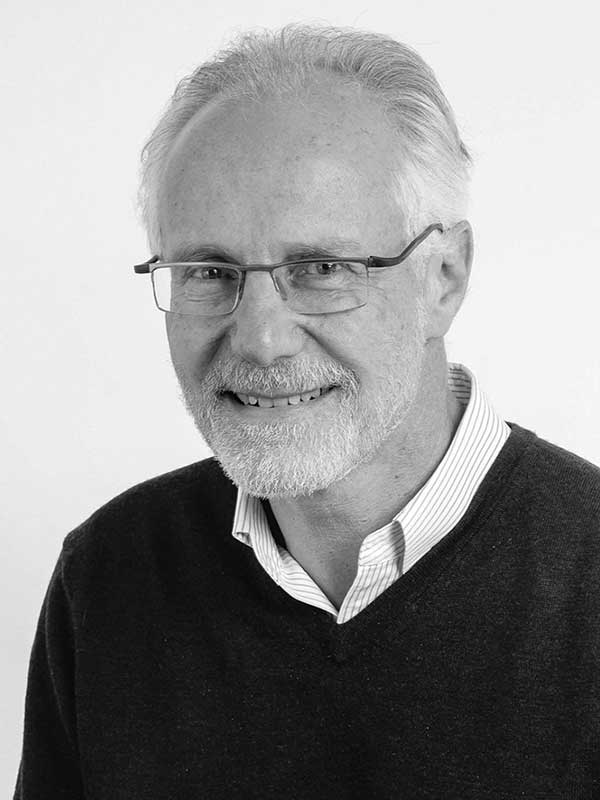By Glen Heneck
In 1988 Jews for Justice organised a Freedom Seder, which was addressed by Archbishop Desmond Tutu. “Let my People Go” was his theme and he got an enthusiastic reception from a packed Albow Hall.
In the Q&A session afterwards he was tackled on sanctions, and socialism, but no one said a word about Israel. If he was hostile to Zionism at the time, he was decidedly coy about saying so publicly.
Just 30 years later it’s sobering to think how profoundly the world has changed. Tutu still has many Jewish admirers, but if he were to reprise his talk today it would be Bibi Netanyahu in his sights, not PW Botha. South Africa has been liberated, sort of, and nothing enrages him more than Israel’s treatment of the Palestinians.
Tutu, it hardly needs saying, is not an antisemite. What he is, and always has been, is a universalist; a passionate believer in the progressive trinity of equality, compatibility and sameness. “There’s only one race and that’s the human race” is his basic mantra — one which raises some interesting questions in the context of Pesach. Questions around the nature of group identity and its resilience and virtue. Or malleability and vice.
It’s impossible to begin to do justice to a subject like this in the space of a 700-word essay, but a cursory look, through three different lenses, could prompt some colourful conversation at this year’s Seder tables.
Start with Moses, who, the way the story is told, was definitely not a Tutuist. True, he believed that non-insiders (goyim) were entitled to fair treatment, but he was in no way ashamed of his ethnic identity. To the contrary, he took it for granted that his tribe, the Hebrews, were distinct from others in various ways, and fully entitled to live in their own place, in their own way. His petition to Pharaoh was a straightforward instance of what we would today call the quest for self-determination.
A similar frame is used in the case of the Palestinians. But only by some of their leaders, some of the time, and somewhat shamefacedly. Their difficulty is that they’re caught between two contradictory forces. On the one hand there’s the street, where the boldly Islamist Hamas appears to predominate. But on the other hand there’s the worldwide progressive academy that’s devoted to the anti-Zionist cause but that’s uncomfortable with all forms of sectarianism and exclusivism. Change champions in South Africa were spared similar anguish because the PAC and Azapo between them could never muster more than one or two percent of the populace.
The third useful vantage point is that of the National Party of Malan, Strijdom and Verwoerd. Like Moses, they punted the idea of ethnic self-determination (or ‘separateness’), but they didn’t have either history or numbers on their side, let alone god. They tried to impose their solution in an age in which the rest of the ‘civilised’ world had turned (suddenly and categorically) against all forms of racial differentiation. And they kept the bulk of the land and resources for their own (self-identified) group and allocated only a smallish fraction to the various African communities.
The NP’s plan came to grief eventually, inevitably, deservedly, but not before the word apartheid entered the world language as a synonym for brutal, overt, legislated racism. It serves now as a useful caution, and a vicious slur — but we’re left with a highly problematic conceptual framework. We know that emulating what the Nats did is anathema, but that begs a critical question. What would the reaction have been — what should the reaction have been — had they chosen the path of negotiated and equitable dismemberment? Was breaking up the country into ethnic statelets an intrinsically bad idea, in other words, or was it rather the way they did it that was wrong?
More topically, do we understand apartheid to mean rigid segregation, mass disenfranchisement and crude racist exploitation? Or do we take it to refer to a political arrangement in which significant credence is given to race or ethnicity? If it’s the former, then applying it to Israel is a cynical fiction. If though it’s the latter — apartheid repurposed? — then Herzl’s ‘volkstaat’ squarely fits the bill.
And so, in keeping with the season, four questions.
One, is Israel not readily comparable to the likes of Azerbaijan, Bosnia and Croatia? Or, for that matter, to long established countries like Denmark, England and France? Aren’t all nation states apartheid states, essentially (with borders determined by war)?
Two, have the Palestinian people suffered significantly on account of the advent of European colonisers and settlers?
Three, should Israel offer to vacate the settlements, share Jerusalem and pay reparations?
Four, is it time for the regional political leaders and the world thought leaders to recognise Israel’s right to exist as a Jewish majority state?
Yes all round, surely? Arch?











